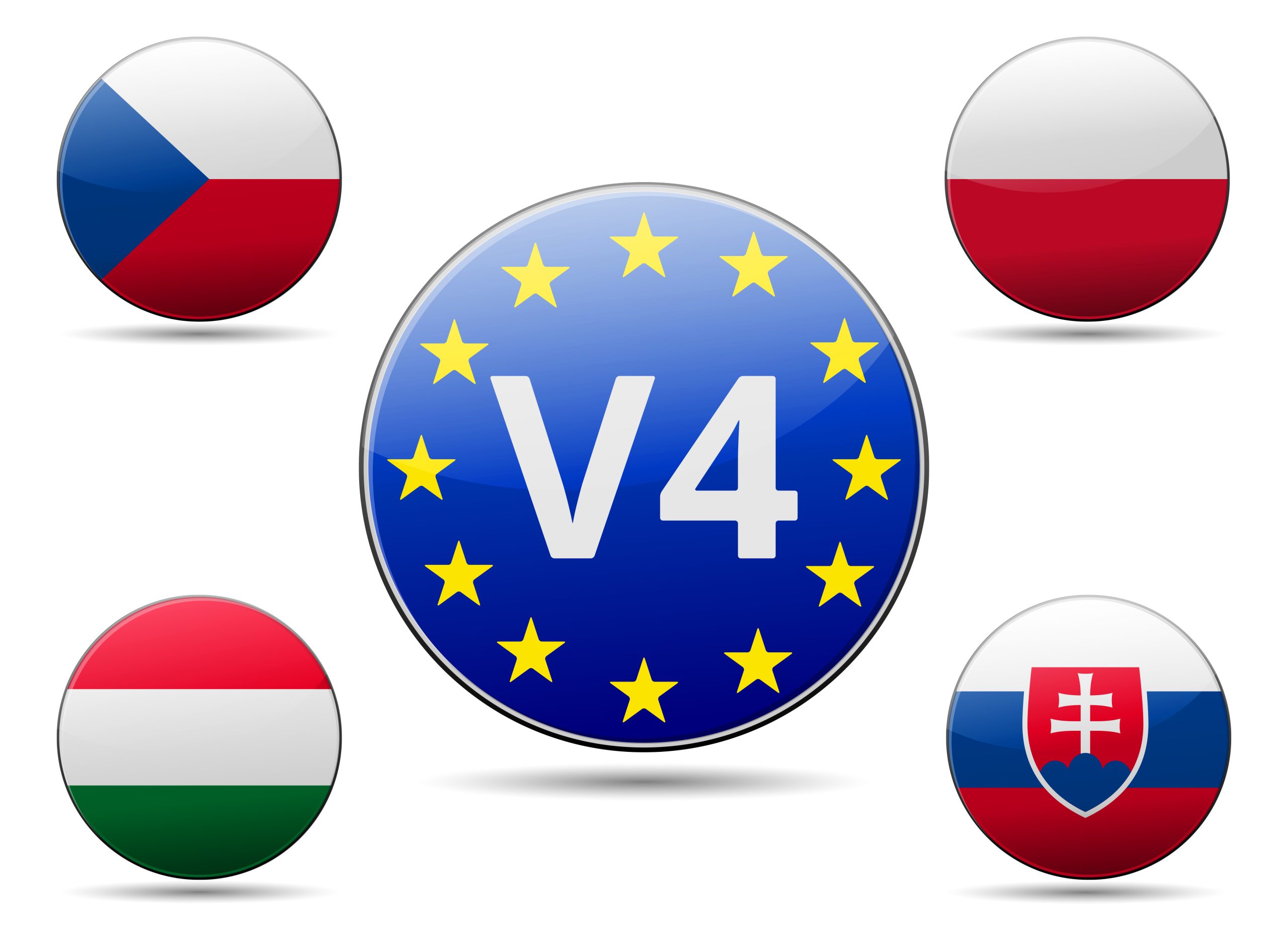The Ministers of Foreign Affairs of the Visegrad Group (V4) reaffirm their strong support to the Eastern Partnership considering it to be a key factor of stability in Eastern Europe. The Joint Statement of the Ministers of Foreign Affairs of the Visegrad Group adopted in Budapest on 31 August reads that the Ministers reaffirm their strong support to the Eastern Partnership as a strategic dimension of the European Neighborhood Policy and a key and active factor of stability, security and economic progress in Eastern Europe. They urge to keep the Eastern Partnership high on the EU’s political agenda.
The statement underlines that the Eastern Partnership should have a clear political narrative, a new strategic vision and an architecture that guarantees joint ownership of European institutions, Member States and partner countries. Also, they underline the necessity of continuing the reforms in partner countries to strengthen their internal stability, resilience and civilian security, and welcome the Summit’s focus on tangible benefits delivered to citizens of the six Eastern Partnership countries – Armenia, Azerbaijan, Belarus, Georgia, Moldova, and Ukraine.
“The V4 Ministers welcome the introduction of visa-free travel for Georgian and Ukrainian citizens into the Schengen zone. This will undoubtedly contribute to enhance people-to-people contacts among the EU and the partner countries,” the statement reads. Furthermore, V4 Ministers reconfirm that the implementation of Association Agreement/Deep and Comprehensive Free Trade Area is the key task for Georgia, Moldova and Ukraine to further develop their relations with the European Union.
The ministers agreed that the Brussels Declaration should reflect different aspirations of the partner countries and offer a European perspective for those interested, as well as to set out an ambitious agenda for the Eastern Partnership in the longer term. The document reads that “Better connections shall contribute not only to the strengthening of economic cooperation and people-to-people contacts, but also to the tightening of political ties”.




